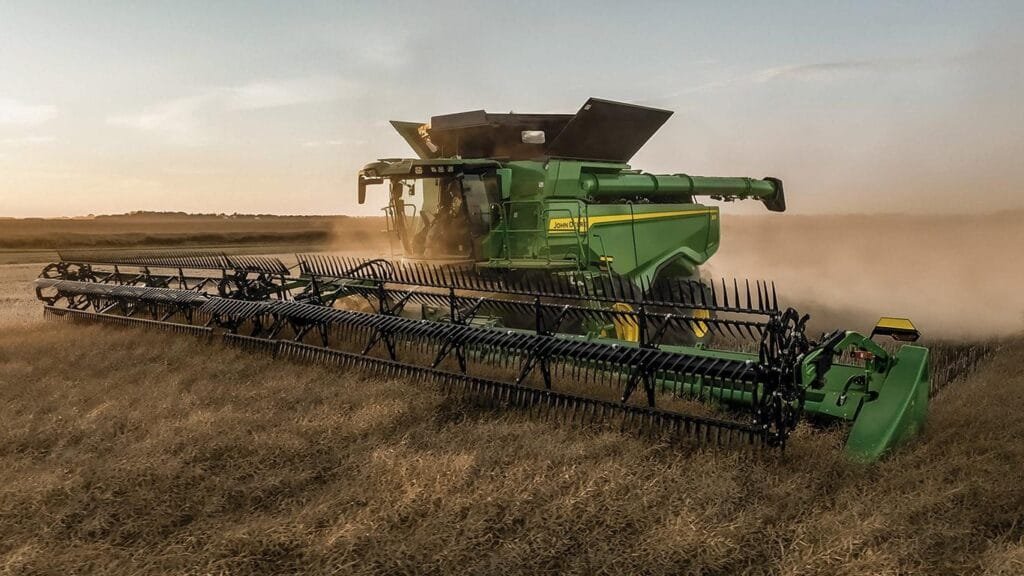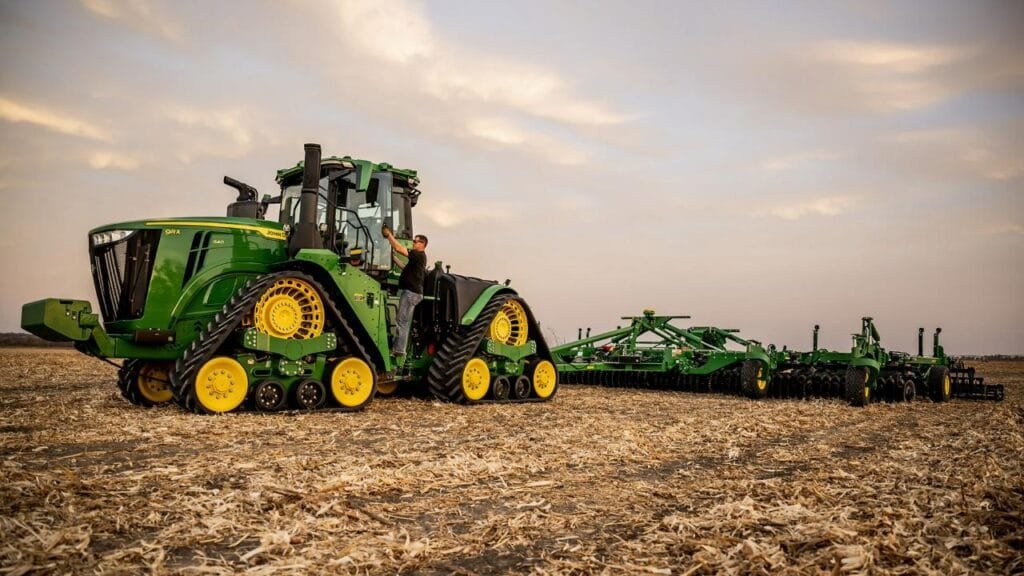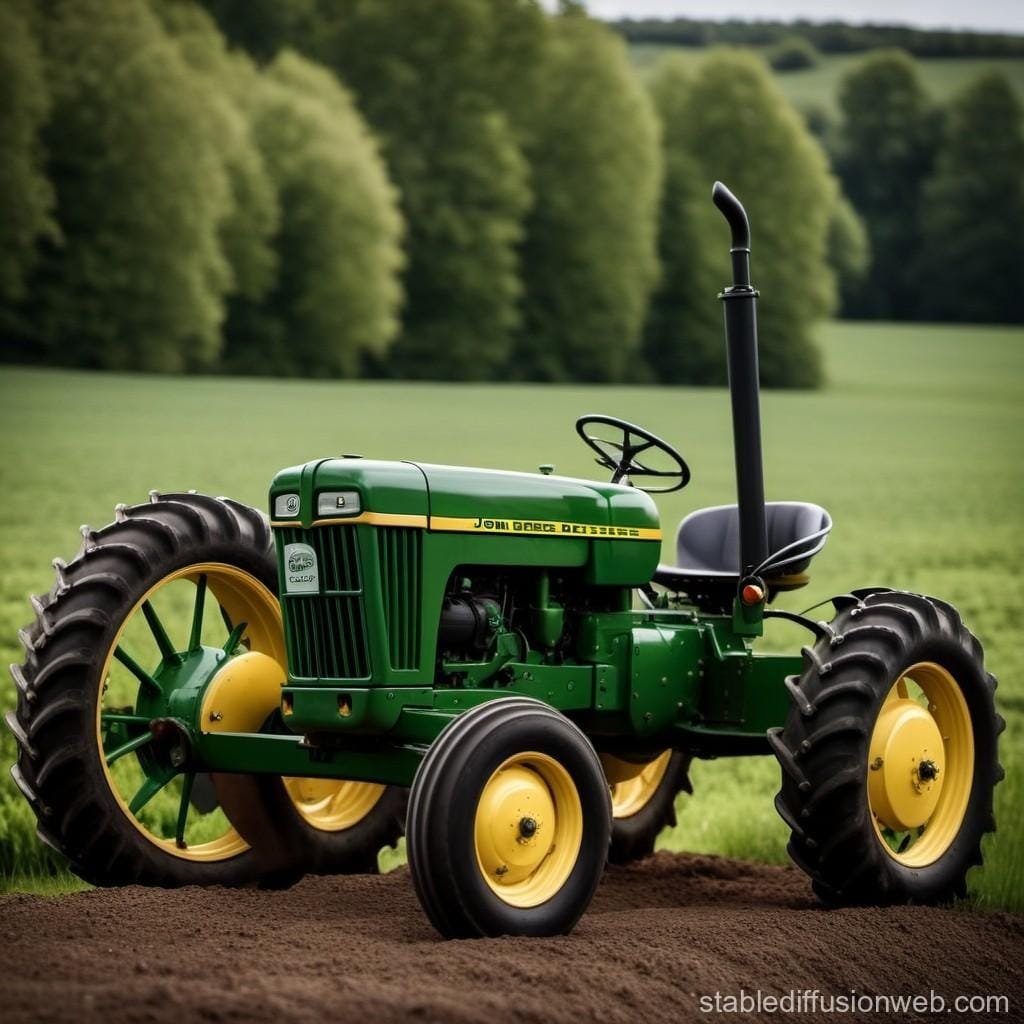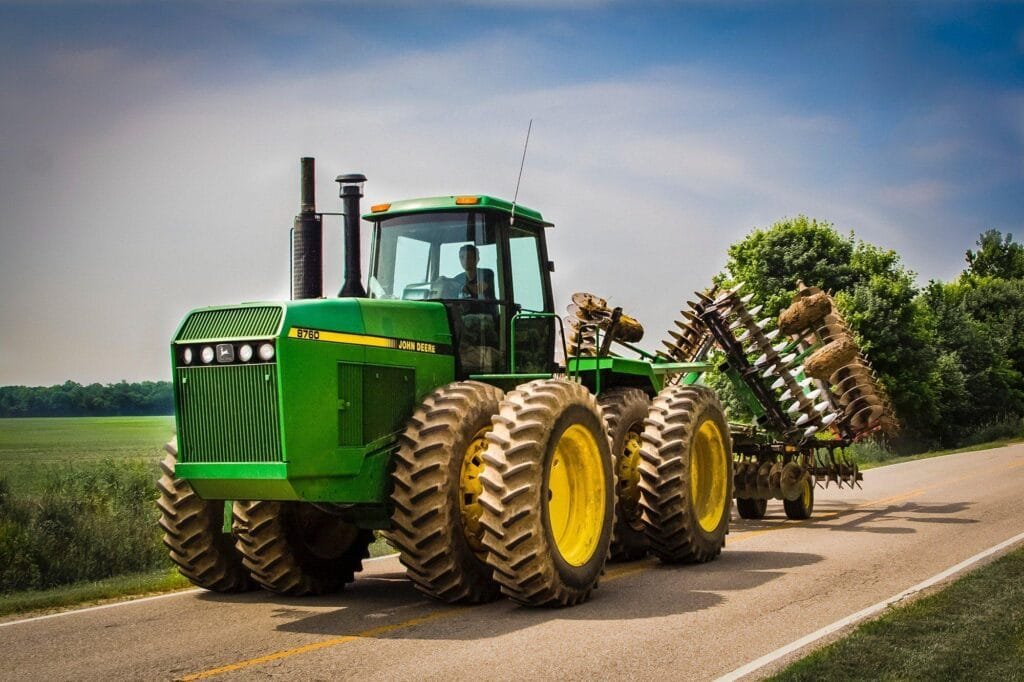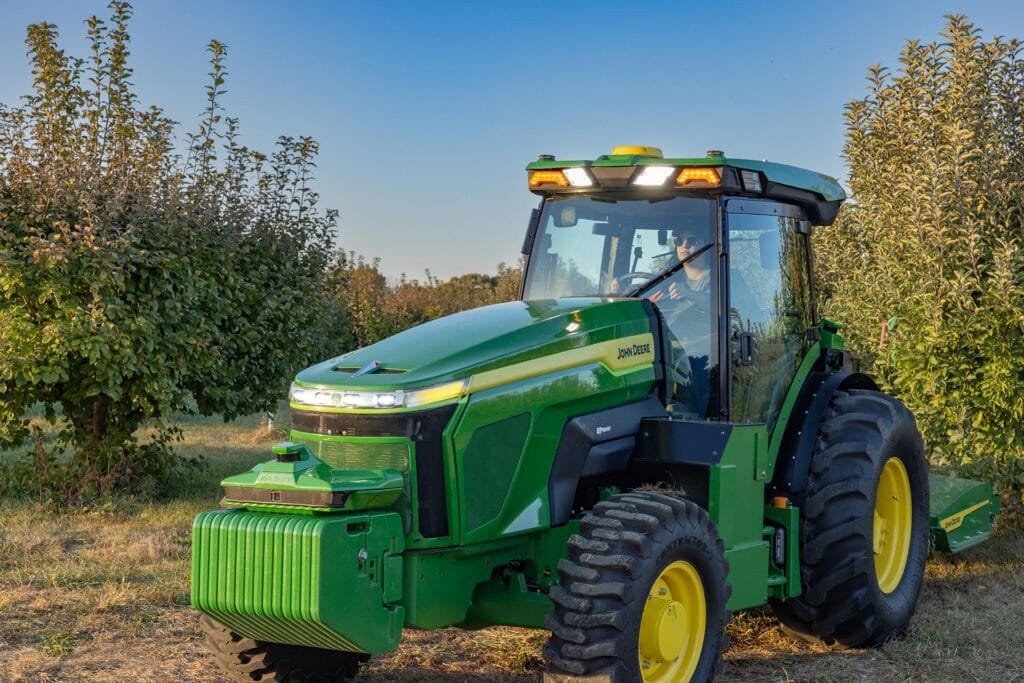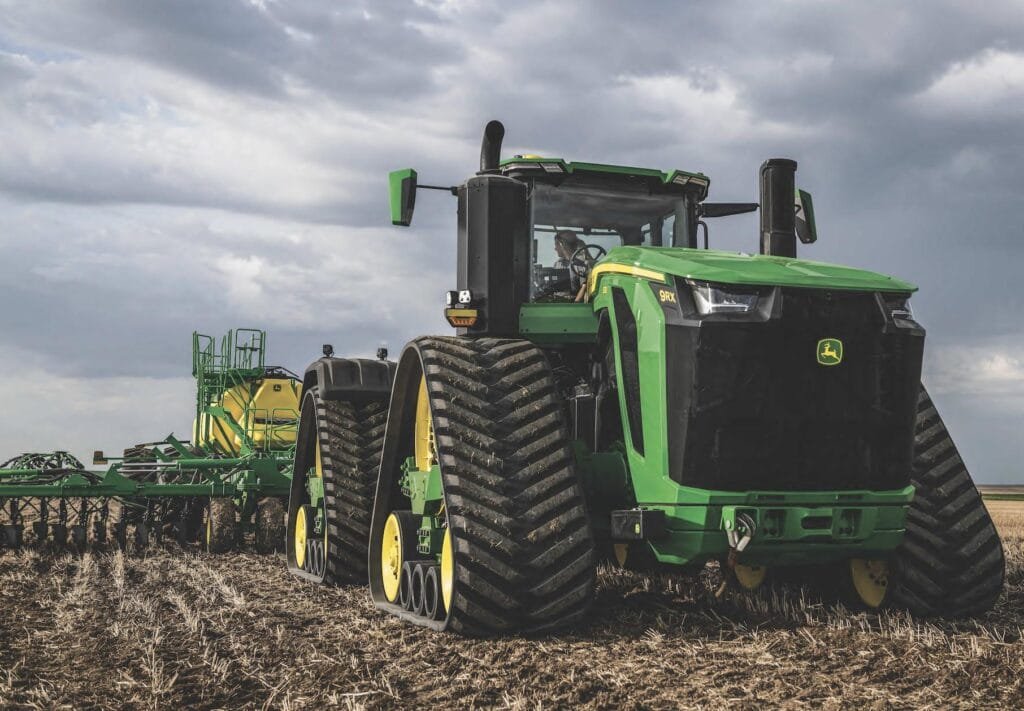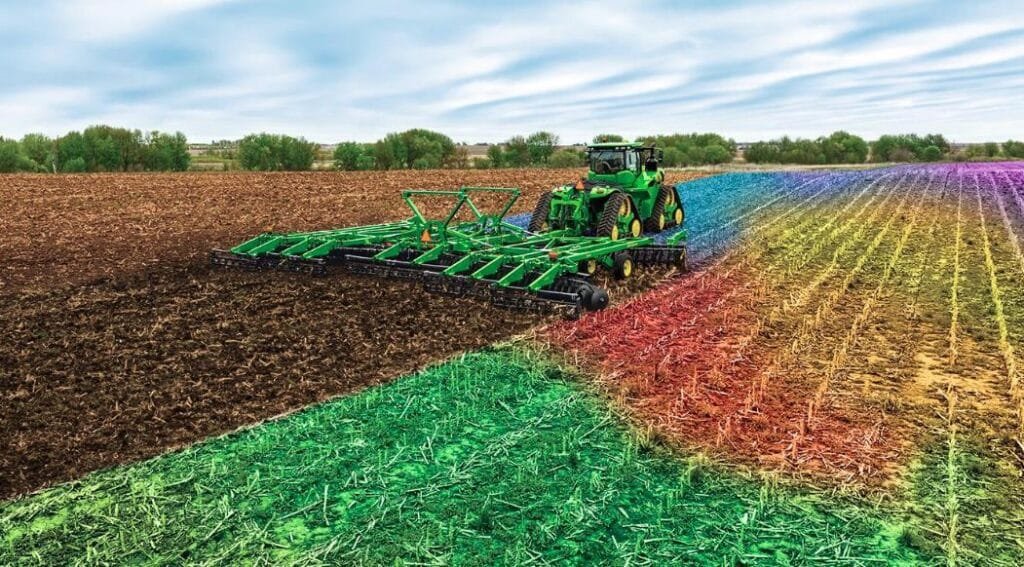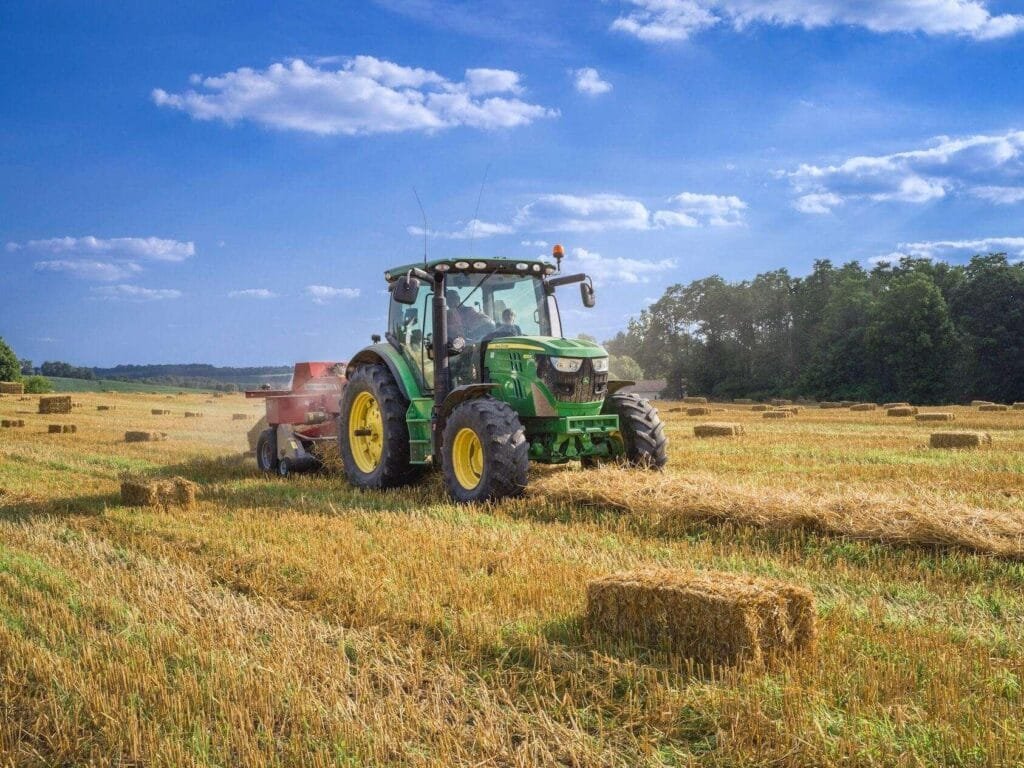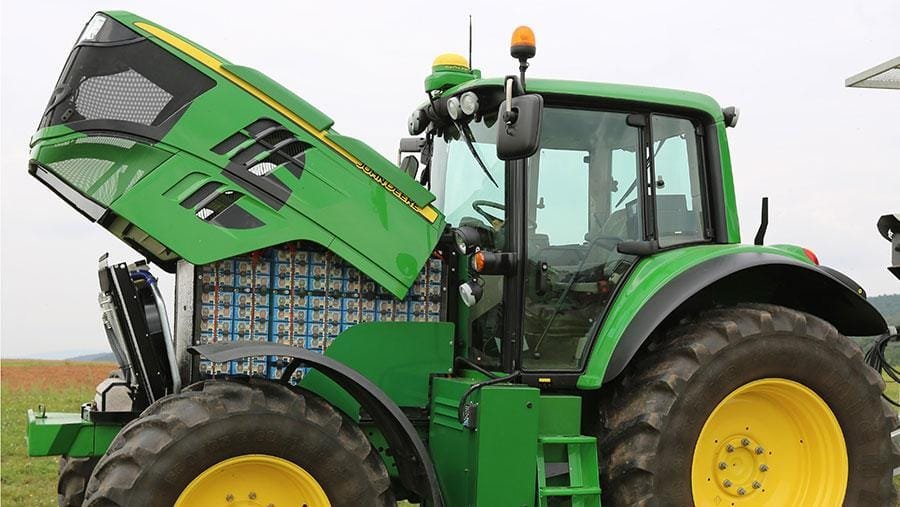In Austin’s bustling South Congress corridor, where tech startups sprout like wildflowers after spring rain, John Deere’s newly minted Innovation Hub stands as a testament to the evolving intersection of agriculture and software. Not quietly either-the city is known for brass bands at sunrise and innovation just about any time else. It makes sense that a legacy machinery company would set its sights here, in an environment as conducive to technical growth as it is to unconventional thinking.
The Gathering of Minds
Arriving at the hub, one feels immediately that this isn’t merely another cubicle farm or windowless fortress of code. New hires float (or perhaps stomp) through open collaborative spaces-data scientists puzzling over sensor algorithms across from systems engineers mapping next-gen automation for row crop machines. Embedded software talent mingles with computer vision specialists; these aren’t your standard office pairings, but magnetism draws them together in surprising constellations. Sometimes you may hear two engineers arguing fiercely about edge case autonomy before amicably splitting for brisket tacos.
A significant draw for the organization was Austin’s gravitational pull on specialized technologists-a convocation toward challenge rather than comfort food careers. The location boasts proximity not only to dynamic companies but also fertile academic grounds: local universities channel graduates directly into projects focused on remote sensing platforms or distributed edge compute. That synergy between industry and academia would surprise even those who once doubted land grant colleges could produce machine learning wizards alongside agronomists.
Workspace Unorthodoxies
While many technology firms trade in glass-and-steel sterility or playground quirks copied from search giants’ playbooks-a slide here, ping-pong there-John Deere has constructed an environment reflecting both tradition and forward momentum. The workspace itself finds equilibrium somewhere between caffeine-fueled hackathons and steady hums reminiscent of distant combines during harvest dusk.
Offices designed around “collaboration pods” seem almost improvised yet function efficiently when teams swarm on urgent tasks woven with agricultural rhythms rather than quarterly forecasts alone. Writable walls are laden less often with slogans than formulas anticipating unpredictable hybrid kernel yields under varied weather patterns-a subtle nod toward epistemic humility rare among urban workplaces.
And then there are moments when virtual reality headsets dangle unused while staff debate quantum computing’s actual utility in soil compaction analysis-not everyone agrees it’ll matter soon enough.
Austin’s vibrant core grants employees access not only to modern workspace accouterments but also street-level culture unsevered by high-rise monotony; stepping outside might mean running into a marching band practicing existential percussion routines or overhearing students theorize about decentralized irrigation networks over coffee strong enough to melt tractor paint.
Culture Unscripted & Unexpected Inputs
Deere did not simply transplant corporate values from Moline-they grafted them onto porous cultural roots so native innovation might flourish unpredictably within Texan limestone walls. Collaborators are encouraged (in fact slightly cajoled) to question foundational assumptions: What if yield monitoring didn’t rely exclusively on optical sensors? Why depend solely upon satellite imagery for pest detection?
Occasionally discussions veer off into tangential territory-someone reminisces fondly about analog circuit design classes while another slips obscure references (“Heavens-to-Betsy” escapes now and again). Rather than disrupt flow, these deviations lay groundwork for conceptual cross-pollination reminiscent more of jazz improvisation than procedural engineering meetings found elsewhere.
A crucial aspect shaping the hub is flexibility among work modes; yes, hybrid schedules remain standard practice following current trends across sectors-but unlike other firms scrambling post-pandemic policies together belatedly, this site built flex-form functionality right into its DNA from foundation pouring onward. When someone prefers unstructured hours due personal productivity cycles-or maybe just really enjoys late afternoon sunbeams atop their digital whiteboard-it isn’t met by skepticism nor snooze-button emails from HR robots newly outmoded by their own policy handbooks.
Strategic Synergies-and Slight Detours
John Deere’s expansion strategy links their new tech presence tightly with regional drivers: student pipelines feeding fresh ingenuity daily but also easier access points connecting global development tracks back home in Illinois without detoured six-hour MS Teams calls every Thursday.
However, some priorities occasionally shift midstream (as large organizations will). What began expressly as a center geared toward agriculture-centric digital solutions has begun attracting interest well beyond tractors-the newest cohort includes developers formerly designing energy grid optimization protocols neatly dovetailing sustainable farming aspirations…or was that decision intended? Either way progress continues-sometimes intentionally circuitous routes expose previously invisible partnerships ripe for cultivation later down the road when plans inevitably mutate in response to outside perturbations like shifting climate data models or unexpected investor curiosity spikes during lull periods typically reserved just for ordinary maintenance windows.
Austin sees things differently-it always has-and inside John Deere’s Innovation Hub this psychic inheritance manifests spatially too: desks spaced sporadically around custom demo rigs loaded not only with prototype hardware but art installations evoking prairie sunsets juxtaposed alongside neural network visualizations powerful enough even non-experts sometimes pause mid-walkthrough uncertain whether they’re glimpsing artifice or actual future(s).
Next door is tomorrow’s breadbasket mapped using today’s bandwidth-blink twice before diagramming your next best dashboard widget here; inspiration breeds quickly inside those polished green-and-yellow glass walls even if sometimes ideas arrive dressed oddly out-of-season and conversations stray backward before leaping entirely forward again.

